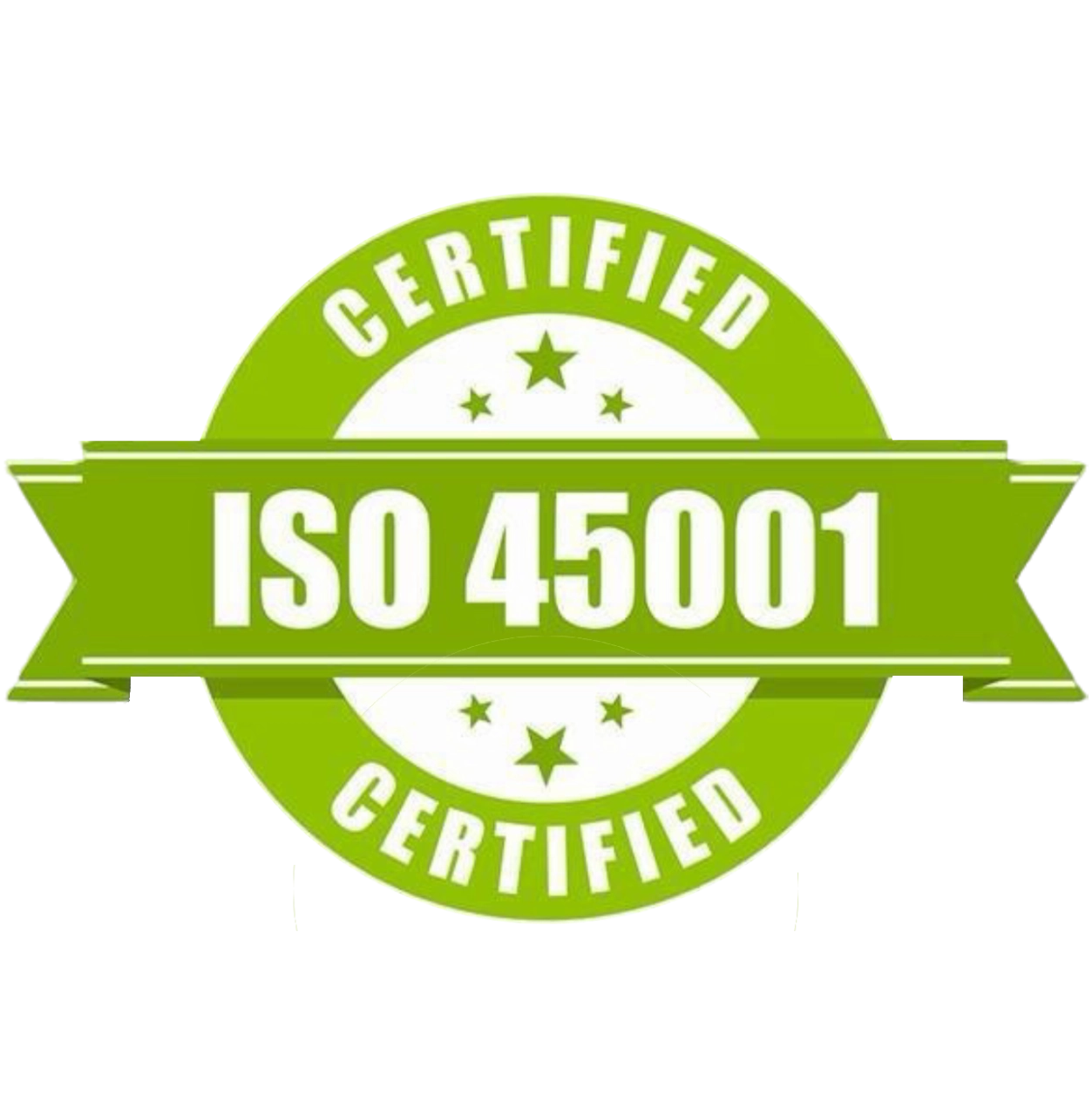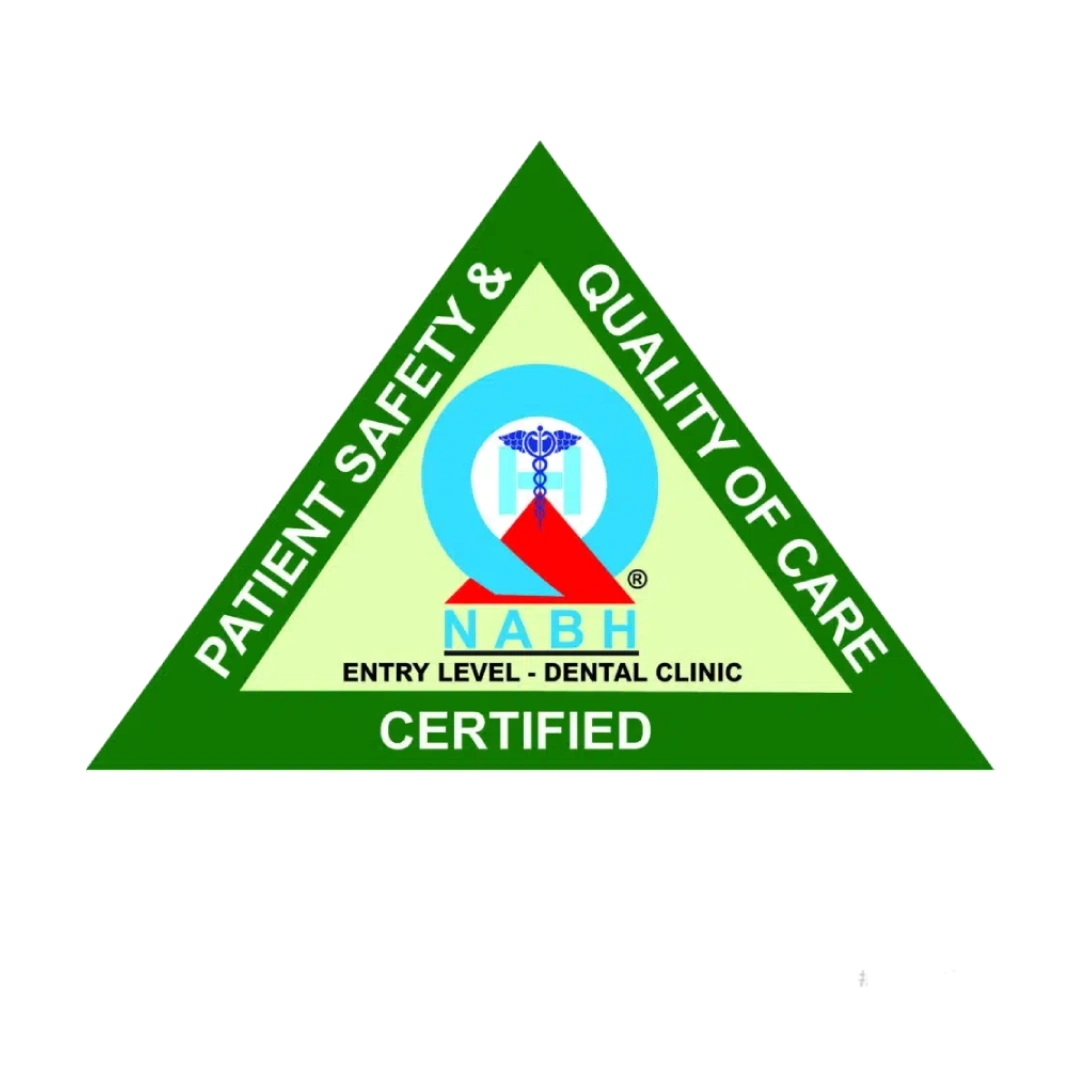Eczema is a chronic skin condition that can be both physically and emotionally draining. Characterized by dry, itchy, and inflamed skin, eczema damages the skin’s protective barrier, making it vulnerable to moisture loss and external irritants. In India, a significant portion of the population is affected, and while it’s common in children, its effects can persist into adulthood.
Ayurveda views eczema as a symptom of a deeper imbalance within the body, primarily involving the three doshas: Vata, Pitta, and Kapha. By addressing this imbalance through holistic methods, you can manage flare-ups and promote long-term skin health.
Here are eight Ayurveda-based tips to help you find relief from eczema.
- Identify Your Dosha Imbalance
The first step in an Ayurvedic approach is to understand which dosha is aggravated. This helps in tailoring your treatment.
- Vata aggravation leads to dry, scaly, and cracked skin.
- Pitta aggravation is responsible for inflammation, redness, and a burning sensation.
- Kapha aggravation manifests as thickened skin, swelling, and fluid retention.
A qualified Ayurvedic practitioner can help you identify your unique imbalance and create a personalized plan.
- Embrace a Wholesome, Cleansing Diet
Diet plays a crucial role in managing skin health. Ayurveda recommends a diet that reduces inflammation and helps detoxify the body.
- Foods to include: Focus on fresh vegetables and fruits, whole grains, and healthy fats rich in omega-3s, such as those found in hempseed oil.
- Foods to avoid: Steer clear of common inflammatory triggers like dairy, refined sugar, processed foods, acidic fruits, tomatoes, and excessive salty or spicy foods.
- Manage Stress Effectively
Stress is a major trigger for eczema flare-ups. When you’re stressed, your body releases the hormone cortisol, which can increase inflammation and suppress the immune system. Ayurveda offers several calming practices to help:
- Pranayama (Breathwork): Deep, mindful breathing can calm your nervous system and reduce cortisol levels.
- Meditation: Consistent meditation can rewire your brain’s response to stress, helping you maintain a sense of calm.
- Yoga and Tai Chi: These gentle forms of exercise promote relaxation and improve circulation.
- Apply Natural Topical Remedies
Nourishing the skin from the outside is just as important as healing from within.
- Coconut Oil: It’s an excellent moisturizer with natural antibacterial properties that help prevent infections.
- Neem Oil & Lepam: Neem is a powerful antibacterial, anti-inflammatory, and analgesic herb. Applying Neem oil or a paste made from fresh neem leaves (Neem Lepam) can soothe irritation and promote healing. To make a lepam, boil a handful of neem leaves, let them cool, and grind them into a fine paste. You can add a pinch of turmeric for added healing benefits.
- Aloe Vera Gel: This well-known remedy has cooling properties that instantly soothe irritated and inflamed skin.
- Incorporate Therapeutic Herbs
Certain Ayurvedic herbs are highly effective for skin conditions due to their anti-inflammatory, antioxidant, and blood-purifying properties.
- Neem and Khadira: These two herbs are a powerhouse for treating skin issues. Neem’s anti-inflammatory properties reduce redness, while Khadira, rich in tannins, balances the Pitta dosha and helps heal the skin.
- Indian Sarsaparilla: This herb is known for its blood-purifying effects, which help cleanse toxins that may be contributing to the condition.
- Turmeric: The active compound in turmeric, curcumin, is a potent anti-inflammatory that helps calm irritated skin.
- Consider Panchakarma Therapy
For severe or chronic cases, a certified Ayurvedic practitioner may recommend Panchakarma, a series of therapeutic cleansing procedures. Panchakarma aims to eliminate deep-seated toxins and restore doshic balance. The specific therapies, such as Vamana (therapeutic vomiting) or Virechana (therapeutic purgation), are chosen based on your unique dosha imbalance and health needs.
- Hydrate and Soothe from Within
Proper hydration is essential for skin health. Drink plenty of warm water and fluids throughout the day. You can also sip on herbal teas that have a calming effect, such as licorice root tea, which helps soothe inflamed skin.
- The Importance of Rest
The body heals and repairs itself during sleep. Ensure you get at least 7-8 hours of restful sleep each night. A consistent sleep schedule is a key component of a successful Ayurvedic routine.
Eczema can affect not only your physical well-being but also your emotional state. By adopting a holistic Ayurvedic approach that addresses the root cause of the imbalance, you can go beyond managing symptoms. Combining a mindful diet, stress reduction techniques, therapeutic herbs, and consistent self-care can help heal your skin from within and support your overall well-being.













